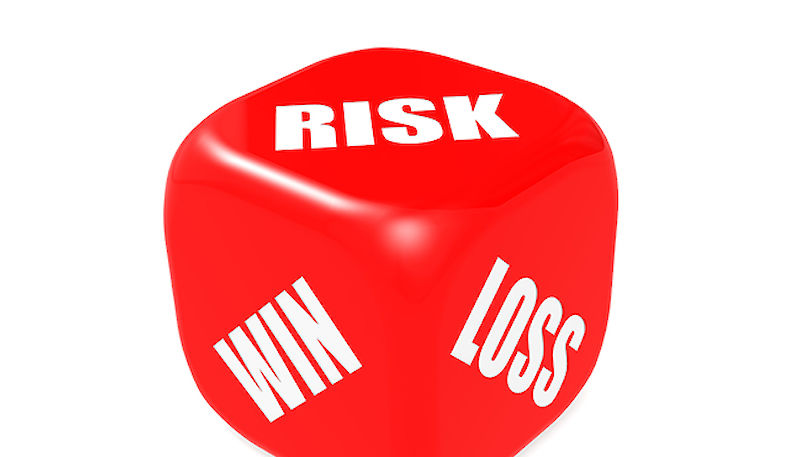We have spoken before, on these pages, about how to begin a match and how to create freedom within a match. To the extent that any player can access her free zone, she will play more dynamically and successfully. Beginning a match involves the same principles as “Building a Fire” (start with kindling, gradually add bigger logs, etc.) and creating freedom means investing in aggressive plays during the early parts of a match when point importance is lower. Understanding how these two principles work together is a key to accessing your best game.
Often overlooked, however, is the opportunity which you have to gain more freedom which comes from your opponent’s unforced errors. If you think about it for just a bit, you realize that, if your opponent is missing more than they should, you can safely miss more yourself and still retain your margin of victory. This is important for several reasons: 1) if you accept the challenge of going for somewhat more rather than just playing steady and hoping for errors, you effectively take exclusive control of the match away from your opponent. Rather than ALL of the points being determined on your opponent’s terms, you are now in charge at least some of the time; and 2) ideally, you are always looking for every match you play to improve yourself for the next match that you will play. By increasing your racquet speed and dynamic play, you are giving yourself the foundation you need to win against stronger opponents.
Using the framework created in Deconstructing Tennis: The 4-D System, it’s easy to see that understanding point importance provides the foundation for creating freedom from your opponent’s unforced errors. For example, when compared to the start of a game, the 30-0 point is not nearly as important. It is an opportune time to go for more because less importance means less stress which translates into a higher probability of success.
So, when your opponent makes unforced errors, it’s more than just winning some easy points. It’s also about the opportunity to raise your own game both in the here and now and in the future.

